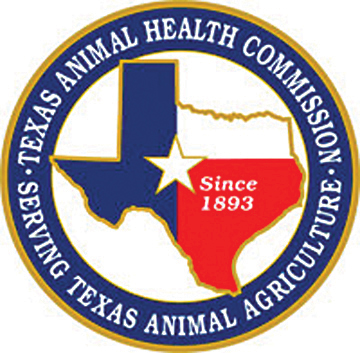West Nile Virus In Horses

Texas Animal Health Commission
With the abundance of welcome rain over much of Texas comes an unwelcome abundance of mosquitoes, all of which seem to be especially ferocious this year.
West Nile virus is a mosquito-borne illness. Up to 80 percent of people infected with West Nile virus will have no symptoms. However, some infections can result in serious illness or death.
Those pesky bugs can also give WNV to our horses and are carriers for Eastern equine encephalitis (EEE).
The Texas Animal Health Commission (TAHC) encourages horse owners to take precautions and vaccinate their animals to protect against the both WNV and EEE.
In addition to vaccinations, horse owners also need to reduce the mosquito populations and their possible breeding areas. Recommendations include removing stagnant water sources, keeping animals inside during the bugs’ feeding times, which are typically early in the morning and evening, and using mosquito repellents.
EEE is a mosquito-borne viral disease of all equine species. Infected horses may suddenly die or show progressive central nervous system disorders. Symptoms may include unsteadiness, erratic behavior, and a marked loss of coordination. The death rate for animals infected with EEE is 75 to 100 percent.
WNV is the leading cause of arbovirus encephalitis in horses and has been identified in the entire North American continent.
The case fatality rate for horses exhibiting clinical signs of WNV infection is approximately 33 percent. Data have supported that 40 percent of horses that survive the acute illness caused by WNV still exhibit residual effects, such as gait and behavioral abnormalities, six months post-diagnosis.
Vaccines are available for neurologic diseases such as EEE and WNV. As part of routine equine health care, the TAHC strongly recommends that equine owners consult with their local veterinarians to discuss an appropriate vaccination program to protect their horses against mosquito-borne diseases.
